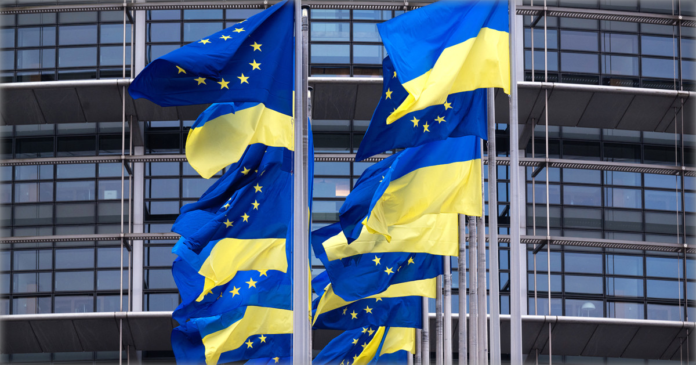On Friday, the anniversary of Moscow’s invasion, the EU agrees to a new wave of sanctions regarding that country’s conflict in Ukraine, according to a statement from Sweden, the EU’s rotating presidency.
The package, which the EU stated included “targeted restrictive measures against persons and businesses supporting the war, distributing propaganda, or shipping drones used by Russia in the war,” is the 10th the EU has imposed since Russia’s incursion on February 24, 2022.
Early on Saturday, the measures’ final acceptance was anticipated, barring any last-minute objections from an EU member state.
The official gazette of the European Union will thereafter be updated with information about the listed people and organisations.
One EU ambassador told AFP that the list included 120 people and organisations as well as three additional Russian banks.
One EU ambassador told AFP that the list included 120 people and organisations as well as three additional Russian banks.
The EU’s actions followed a G7 declaration warning of consequences for any nation aiding Russia in its war, which echoed sanctions issued earlier on Friday by the United States and the United Kingdom.
Another EU official claimed that the sanctions accord represented “no concession” to a suggestion made to member states by the European Commission.
That suggested package pledged to cut off Russia’s access to industrial items worth $12 billion and target Iranian drone manufacturers whose unmanned aircraft Moscow has been using to attack Ukrainian targets are equipped with weapons.
Electronics and machine parts that can be used in Russian drones, missiles, helicopters, and other weapons systems are among the products that have been designated as subject to sanctions, according to Commission Chair Ursula von der Leyen.
She had stated that the commission’s proposed penalties also listed seven Iranian firms that supplied Russia with dual-use goods.
EU Sanctions on Moscow Over Putin’s War Chest Criticized by Polish Prime Minister as “Too Mild, Too Weak”
In an effort to reduce Russian President Vladimir Putin’s war chest, the EU has already imposed nine waves of unprecedented sanctions on Moscow, targeting important Russian exports like oil.
According to several EU diplomats who spoke to AFP, Warsaw’s reservations about the current measures’ inadequacy delayed down agreement on them.
Before the EU sanctions accord was made public, Polish Prime Minister Mateusz Morawiecki visited Kiev on Friday and criticised the measures from Brussels as being “too mild, too weak.”

